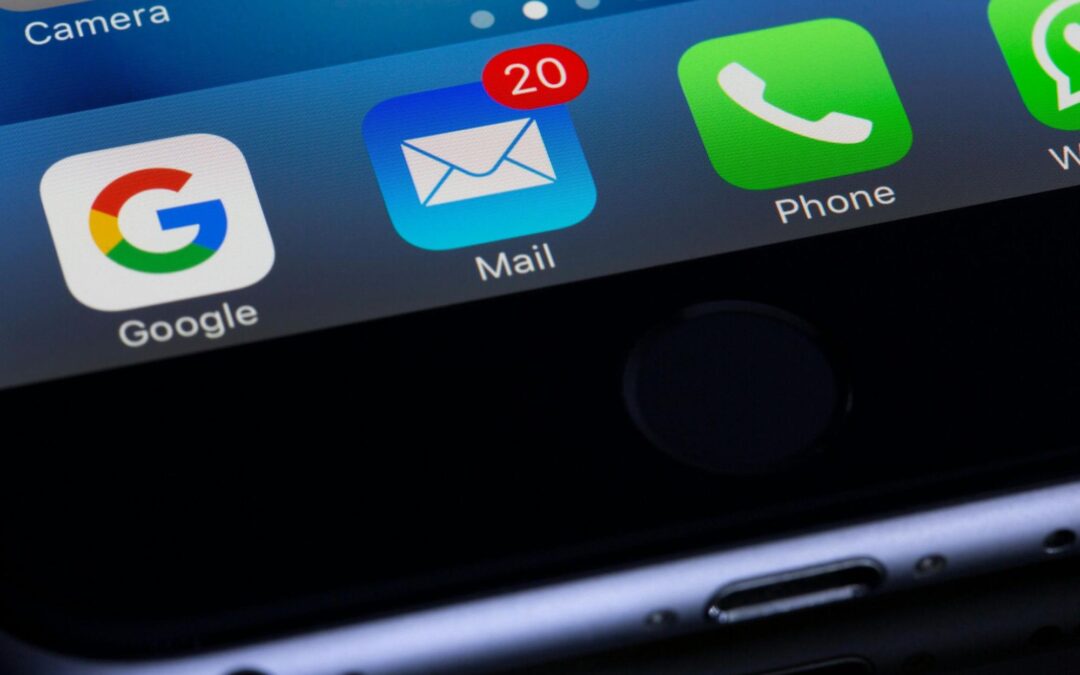In the competitive world of landscaping, standing out from the crowd can be a challenge. Whether you specialize in residential lawn care, commercial landscaping, or niche services like native garden design, customers in your area need to know you exist. That’s where local SEO for landscaping businesses comes into play. With the right local SEO strategies, your business can rank higher on search engines, attract local clients, and grow consistently. Here’s why local SEO is crucial for your landscaping business and how it can help you thrive.
What Is Local SEO?
Local SEO (search engine optimization) focuses on improving your visibility in local search results. When potential customers search for “landscaping services near me” or “lawn care in [city],” your business should appear prominently in the results. Local SEO leverages location-specific keywords, optimized Google Business Profile listings, and online reviews to ensure your business is easily found by people in your service area.
Why Local SEO Matters for Landscaping Businesses
- Target Customers Actively Searching for Your Services
Today’s consumers rely on search engines to find local services. According to research, 97% of people search online to find local businesses, and 46% of all Google searches have local intent. If your landscaping business isn’t optimized for local search, you’re missing out on a massive pool of potential clients.For example, if someone searches for “best lawn care in Austin,” Google prioritizes results relevant to Austin. Without local SEO, your business might not appear in these results, no matter how great your services are.
- Increase Visibility on Google Maps
A significant part of local SEO is ensuring your business shows up on Google Maps. Many customers use map-based searches to find services close to them. By optimizing your Google Business Profile (formerly Google My Business), you can ensure your landscaping business appears in the local “map pack,” which features the top three businesses in Google’s local search results. This prime real estate can significantly increase your visibility and lead to more inquiries. - Build Trust Through Reviews
Online reviews are critical for any local business, and landscaping is no exception. Potential customers want to know that your business is reliable, professional, and delivers excellent results. By encouraging satisfied clients to leave positive reviews on platforms like Google and Yelp, you can enhance your online reputation. These reviews not only improve your credibility but also play a role in your local SEO ranking. - Stand Out From Competitors
If your competitors are investing in local SEO and you aren’t, they’re already one step ahead. On the flip side, if they haven’t optimized their online presence, this is your chance to gain a competitive edge. A strong local SEO strategy ensures your landscaping business stands out in a crowded marketplace, driving more leads and ultimately more revenue.
Key Strategies to Improve Local SEO for Your Landscaping Business
- Optimize Your Google Business Profile
- Claim and verify your profile.
- Ensure your business name, address, and phone number (NAP) are consistent with your website and other listings.
- Add high-quality photos of your landscaping work.
- Update your hours of operation and respond promptly to reviews.
- Use Local Keywords
Incorporate location-specific keywords into your website content, meta descriptions, and blog posts. For example:- “Austin landscaping services”
- “Dallas commercial lawn care”
- “Native garden design in Houston”
These keywords help search engines understand your geographic service area, improving your local search rankings.
- Create Location-Specific Landing Pages
If your landscaping business serves multiple areas, create separate landing pages for each location. Each page should highlight services tailored to that area, include customer testimonials, and feature relevant local keywords. For example, “Lawn Care Services in Round Rock” could be one page, while “Tree Trimming in Pflugerville” could be another. - Focus on Mobile Optimization
Most local searches happen on mobile devices, so your website must be mobile-friendly. A responsive design ensures your site looks great and functions seamlessly on smartphones and tablets. - Leverage Social Media
Platforms like Facebook and Instagram can enhance your local SEO efforts. By posting regularly, using location tags, and engaging with your audience, you can drive traffic to your website and improve your visibility in local search results. - Earn Local Backlinks
Backlinks from other reputable local businesses or organizations signal to search engines that your website is credible. Partner with local nurseries, gardening stores, or real estate agencies to build mutually beneficial links. - Encourage Customer Reviews
Ask happy clients to leave reviews on Google, Yelp, or other platforms. Respond to reviews—both positive and negative—to show potential customers you care about their experience.
The Results of a Strong Local SEO Strategy
By implementing local SEO best practices, your landscaping business can achieve:
- Higher rankings in search engine results, leading to increased visibility.
- More website traffic from local clients actively searching for your services.
- Improved credibility through positive reviews and a polished online presence.
- Increased leads and conversions, turning online visitors into paying customers.
Conclusion
Investing in local SEO is no longer optional for landscaping businesses—it’s essential. As the digital landscape continues to evolve, customers increasingly turn to online searches to find reliable services in their area. By optimizing your local SEO strategy, you can ensure your landscaping business stays ahead of the competition, reaches the right audience, and thrives in a competitive market.
Ready to take your landscaping business to the next level? ATX Web Designs specializes in helping small businesses like yours grow through tailored local SEO strategies. Contact us today to learn how we can help you dominate your local market.






